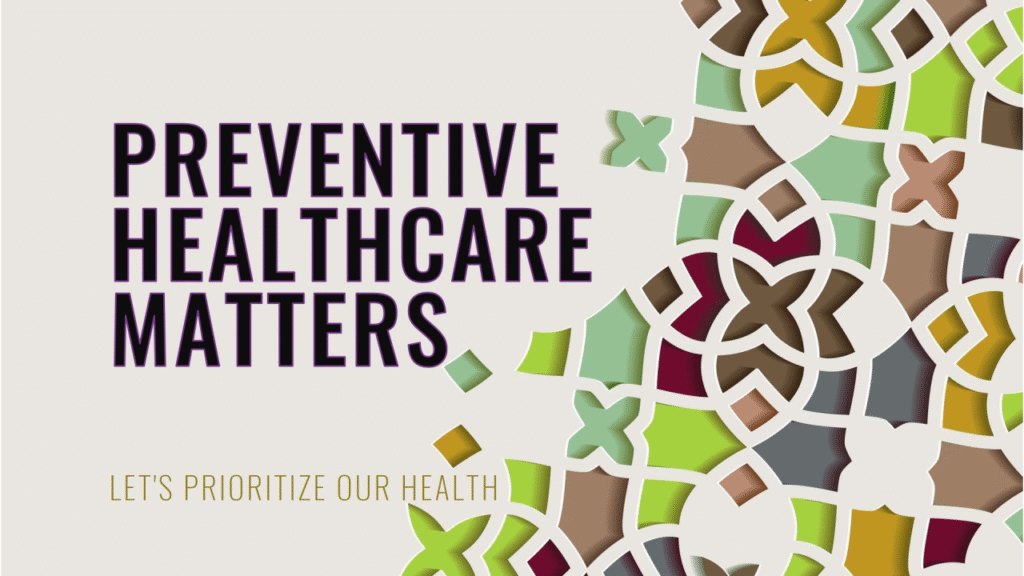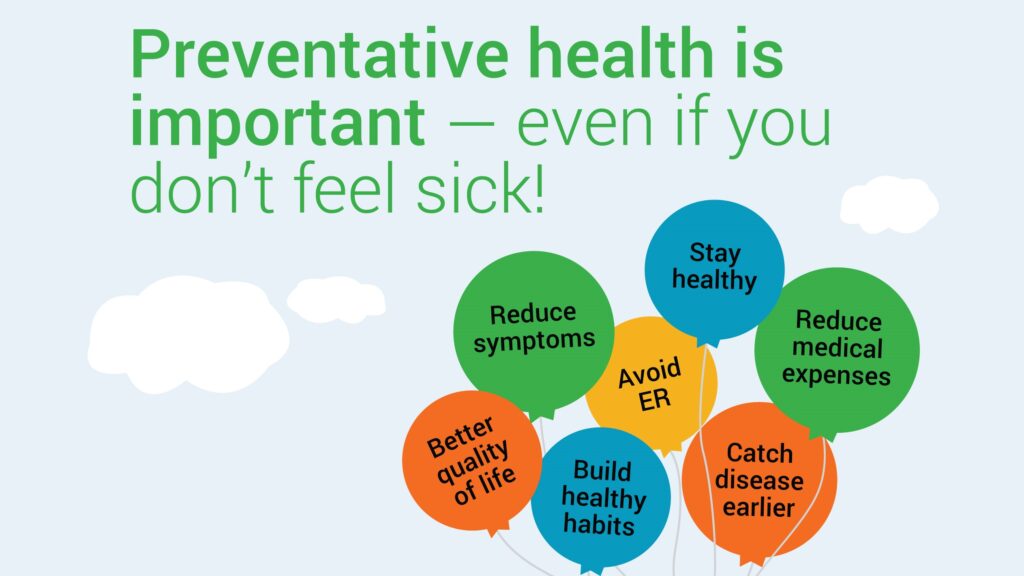Introduction
When it comes to personal well-being, being proactive rather than reactive makes all the difference. The concept of preventive healthcare encourages us to look ahead, identify risks early, and make lifestyle choices that avoid disease altogether. But beyond avoiding illness, preventive healthcare delivers hidden benefits—saving time, money, and even strengthening entire communities. In this post, we explore why thinking ahead with preventive care is one of the smartest health strategies you can adopt today.

What Is Preventive Healthcare?
Preventive healthcare refers to medical and lifestyle interventions that help stop health issues before they start. These include regular check-ups, vaccinations, screenings, and healthy daily habits like nutrition and exercise. The goal is simple: catch potential problems early or avoid them altogether.
It operates on three levels:
- Primary prevention: Stopping illness before it begins (e.g., vaccinations, healthy eating).
- Secondary prevention: Detecting diseases early through screenings and checkups.
- Tertiary prevention: Managing chronic illnesses to avoid complications or relapse.
The Hidden Benefits of Preventive Healthcare

1. Long-Term Cost Savings
Preventive care often seems like an “extra” cost, but it significantly reduces long-term medical expenses. Routine screenings can catch issues early—before they become expensive emergencies.
2. Peace of mind
Knowing you’re actively managing your health reduces stress and anxiety. It’s not just physical—it’s emotional well-being too.
3. boosted productivity
Healthy individuals miss fewer days at work and perform better. Preventive healthcare reduces sick days, chronic fatigue, and burnout.
4. Reduced Burden on Healthcare Systems
When more people stay healthy, hospitals face less strain. This makes healthcare more accessible to those in urgent need.
5. healthier generation
Preventive habits are contagious. When parents model wellness, children grow up with healthier habits and fewer risks later in life.
Real-Life Examples of Prevention in Action
Vaccinations: Programs have nearly eradicated diseases like polio and measles.
Routine Screenings: Mammograms and colonoscopies detect cancers early, improving survival rates.
Lifestyle Changes: Regular exercise and balanced diets have reversed early-stage diabetes in many patients.
Mental Health Support: Early therapy and stress management reduce the onset of severe depression or anxiety.
What’s Holding People Back to apply preventive healthcare?
Despite the clear advantages, preventive healthcare isn’t always practiced. Here’s why:
- Lack of awareness about what services are available.
- Limited access in underserved or rural areas.
- Short-term financial pressure — people prioritize treatment over prevention.
- Cultural beliefs that discourage routine checkups or medical trust.
Simple Ways to Practice Preventive Healthcare Today
Preventive healthcare doesn’t require drastic changes—it starts with small, smart steps. By making intentional choices each day, you can dramatically lower your risk of illness and improve your overall well-being. Here’s how to get started:
- Schedule preventive health check-ups and screenings regularly
- Stay current on vaccinations recommended for your age and lifestyle
- Adopt healthy eating habits and maintain physical activity
- Avoid tobacco and limit alcohol intake
- Manage stress and prioritize mental health
- Build a lasting relationship with a trusted healthcare provider
These simple actions lay the foundation for a longer, healthier life through the power of preventive healthcare.
conclusion
Preventive healthcare is more than a medical practice—it’s a lifestyle rooted in forward-thinking. By taking small actions today, you’re investing in a healthier, happier, and more secure future. The hidden benefits—mental clarity, financial relief, and generational wellness—are too valuable to ignore. Think ahead, act now, and let prevention be your best form of care.
For more related articles; visit https://apexstandardservices.com/blog
